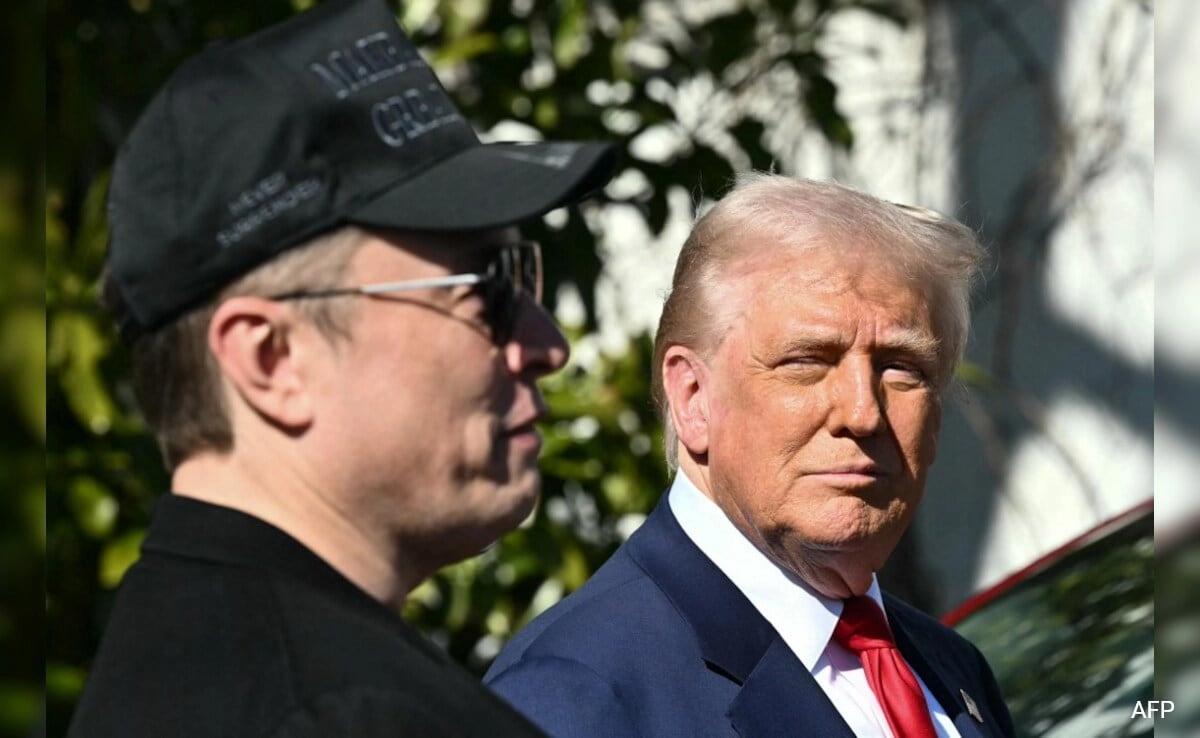Donald Trump recently made headlines with his comments regarding the vandals who targeted Tesla vehicles, suggesting that they could face severe legal consequences if they were apprehended in El Salvador. The former president’s remarks highlight the stark contrast between the punitive measures in some countries and those in the United States when it comes to property crimes. In El Salvador, the legal system is known for its stringent penalties, and Trump emphasized that individuals caught vandalizing property could potentially serve lengthy prison sentences, underscoring the seriousness with which such offenses are treated in that nation.
Trump’s statement reflects not only his views on law and order but also serves as a commentary on the broader issue of crime and punishment in different parts of the world. The notion of a 20-year prison sentence for vandalism seems extreme to many, especially in the context of the United States, where penalties for similar crimes can vary widely from state to state. This disparity raises questions about the effectiveness of deterrence in criminal justice systems and whether harsher punishments truly reduce crime.
Moreover, Trump’s comments could be seen as a critique of the current state of law enforcement in the U.S., where he has often claimed that crime rates are on the rise and that certain areas are plagued by lawlessness. By referencing El Salvador’s strict legal framework, he appears to be advocating for a tougher stance on crime domestically, suggesting that harsher penalties could potentially lead to a decrease in vandalism and other property crimes. This perspective resonates with many who feel that current laws are insufficient to deter criminal behavior.
Ultimately, the discussion surrounding Trump’s remarks invites a larger conversation about how different cultures and legal systems approach crime and punishment. While some may agree with the idea of imposing severe penalties for vandalism, others might argue that rehabilitation and restorative justice should take precedence over long prison sentences. The debate remains complex, touching on societal values, the effectiveness of punitive measures, and the broader implications for justice and public safety in various contexts.




